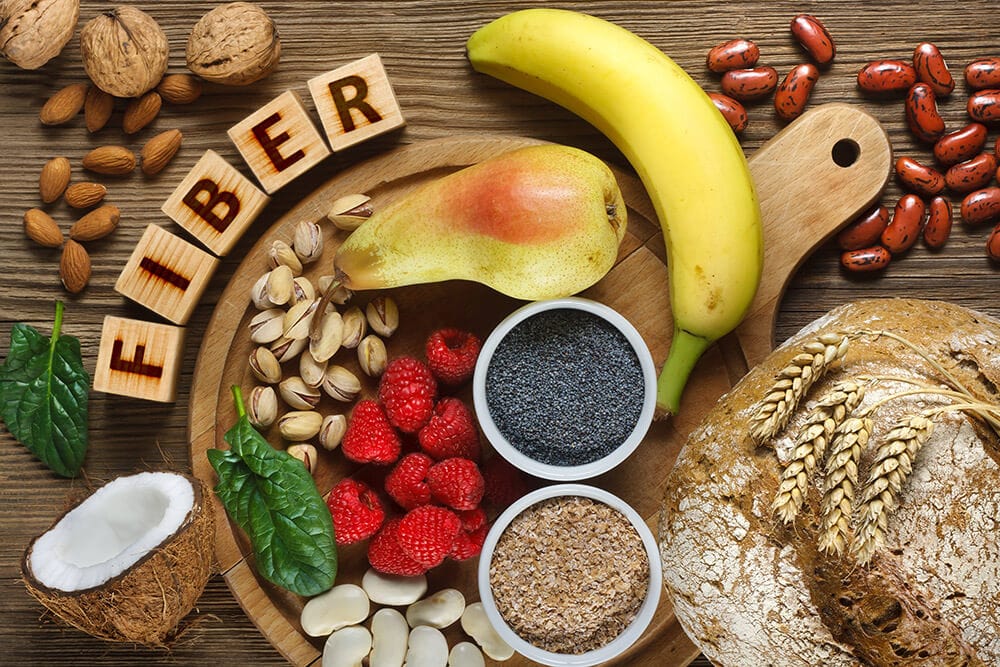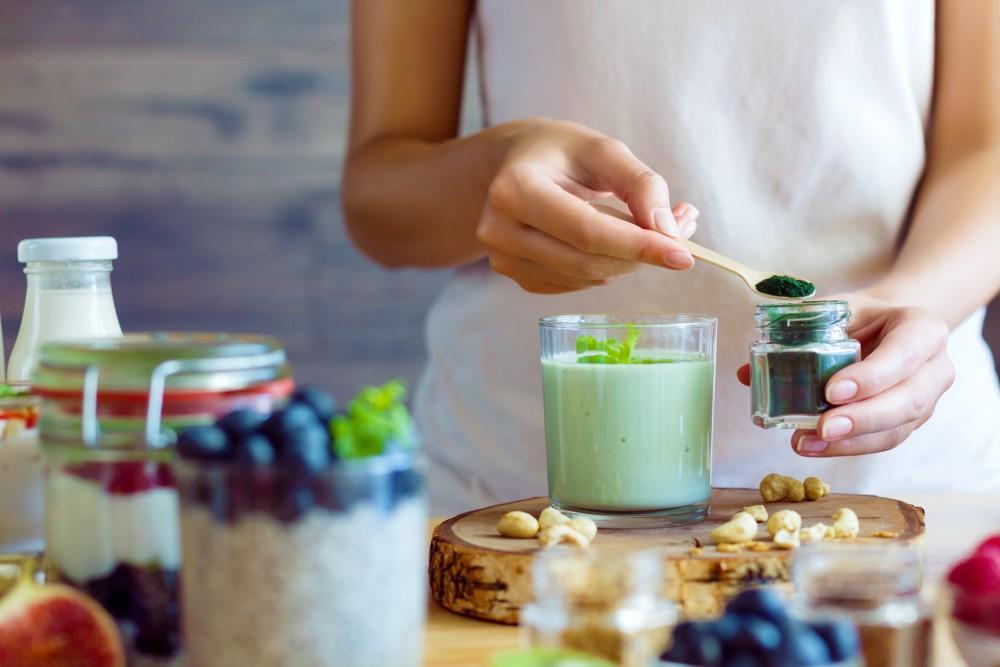What Is ASLC?
Acute self-limited colitis (ASLC) is a short-term inflammation of the colon that typically resolves on its own within days to weeks. When an infection is the trigger, it's often called infectious colitis. Pathology shows swelling but no permanent damage.
Common Causes and Risk Factors
- Bacterial infections (Salmonella, Shigella, Campylobacter)
- Viral or parasitic infections
- Food poisoning from contaminated food or water
- Recent travel to areas with poor sanitation
- Antibiotic use disrupting normal gut flora
- Weakened immune system (young children, older adults)
Signs and Symptoms
- Sudden onset of diarrhea, sometimes with mucus or blood
- Abdominal cramps or pain
- Mild fever
- Urgent need to use the bathroom
- Nausea or vomiting in some cases
How Dr. Rishi Diagnoses ASLC?
Dr. Rishi uses a step-by-step approach:
Medical History and Physical Exam
He reviews your symptom onset, travel history, dietary exposures, recent antibiotic use, and conducts a focused abdominal exam.
Stool Studies
We analyze stool samples to identify bacterial pathogens (e.g., Salmonella, Shigella), viral agents, or parasites.
Blood Tests
Complete blood count and inflammatory markers (like C-reactive protein) assess severity and help rule out other causes.
Endoscopic Evaluation
- Colonoscopy with biopsy is performed if symptoms persist beyond 1-2 weeks or if there's significant bleeding.
- Biopsy confirms acute inflammation without chronic changes, ruling out long-term colitis.
Additional Testing (If Needed)
In rare cases, further imaging or advanced stool PCR panels are ordered to clarify the diagnosis.
Frequently Asked Questions
What causes ASLC?
Usually an infection from bacteria, viruses, or parasites.
How long does it last?
Most people recover in 7 to 14 days.
Do I need antibiotics?
Only if a test shows bacteria.
Can diet help?
Yes. Plain foods and fluids help you heal faster.
Is ASLC the same as ulcerative colitis?
No. ASLC is short-term and self-limited; ulcerative colitis is a chronic condition.
Do I need a colonoscopy?
Only if symptoms don't improve or to rule out other conditions.
Are there risks?
The main risk is dehydration from diarrhea; staying hydrated is key.
Can I prevent it?
Yes. Wash your hands regularly, eat clean food, and avoid unsafe water sources.
Is it contagious?
Sometimes. If ASLC is caused by an infectious agent, it can spread to others.
Is it covered by insurance?
Most plans cover clinic visits and diagnostic tests. Our staff can help verify your benefits.











